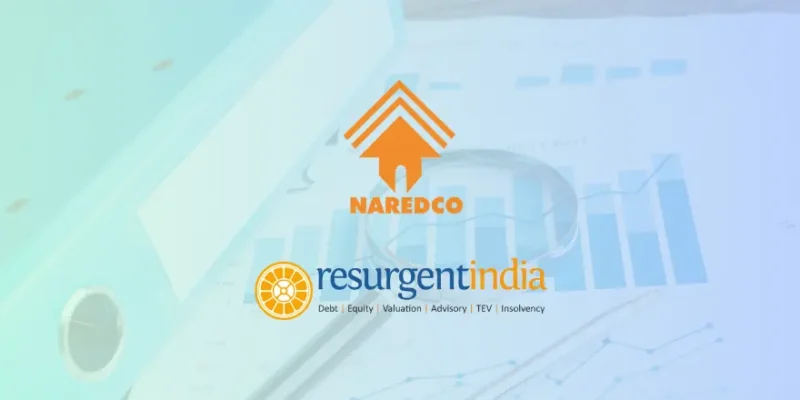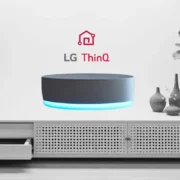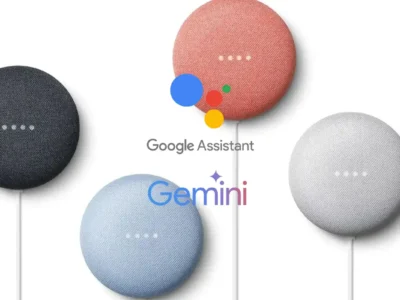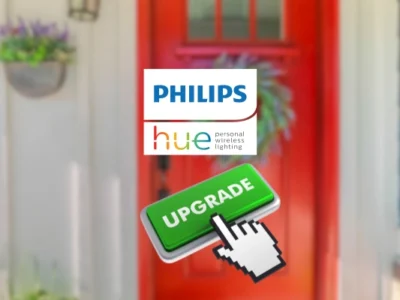India’s smart homes market is poised for significant growth. Projections indicate an expansion of 9.14% from 2024 to 2028. This surge is expected to bring the market volume to USD 9.2 billion. Increasing adoption of Internet of Things (IoT) devices drives this optimistic forecast. These devices enhance security, energy efficiency, and convenience in residential settings.
Driving Forces Behind Growth
The integration of IoT devices into Indian homes is a major catalyst for this growth. These technologies improve the quality of life by offering advanced security and automation. They also contribute to substantial energy savings. Moreover, startups focusing on smart home solutions benefit immensely from this trend. As they innovate, they capture a larger market share.
Green Buildings Market on the Rise
Parallel to the growth in smart homes, India’s green buildings market is set to soar. The market size is anticipated to reach USD 39 billion (Rs 3.2 lakh crore) by 2025. This growth underscores a significant shift towards sustainable construction practices. Increased investment in the green buildings sector is due to the economic benefits of energy efficiency and the positive impact on occupants’ health and well-being.
Key Insights from the NAREDCO-Resurgent Study
The white paper, “Pathways to Sustainable Living & Building Practices,” co-authored by Resurgent India and NAREDCO, provides detailed insights into these market trends. Released at the 3rd NAREDCO Mahi Convention 2024, the report, titled “Green Foundations,” highlights the potential of the commercial and residential segments of the green buildings market. It forecasts the commercial segment to reach a market value of USD 11 billion and the residential segment to hit USD 28 billion by next year.
Dr. Ananta Singh Raghuvanshi, President of NAREDCO Mahi, emphasized the rising importance of sustainability in real estate. PropTech startups, which offer eco-friendly and energy-efficient solutions, are gaining traction in India’s market. These startups utilize IoT and artificial intelligence (AI) to develop energy management systems that reduce consumption and enhance overall building efficiency.
Technological Innovations
The study notes that IoT-based energy management systems can reduce energy consumption by up to 20% in commercial buildings. They achieve this by optimizing lighting and HVAC systems. Additionally, Indian startups integrate smart home technologies with energy-efficient practices to create greener living spaces. Innovations in sustainable construction include cool roofs, stormwater management systems, geothermal heating, solar power, electrochromic smart glass, and energy-efficient appliances.
These advancements lead to significant energy and water savings. They also improve indoor air quality and property values. The rise of PropTech startups, leveraging AI, blockchain, big data, and IoT, revolutionizes property transactions and management.
The NAREDCO-Resurgent study illustrates a promising future for India’s smart homes and green buildings markets. The anticipated growth rate of 9.14% for smart homes by 2028 and the green buildings market reaching USD 39 billion by 2025 highlight a transformative period for the country. Innovation and collaboration among industry stakeholders will be crucial. Overcoming challenges and maximizing the potential of these markets will ultimately contribute to a smarter and more sustainable India.












Comments